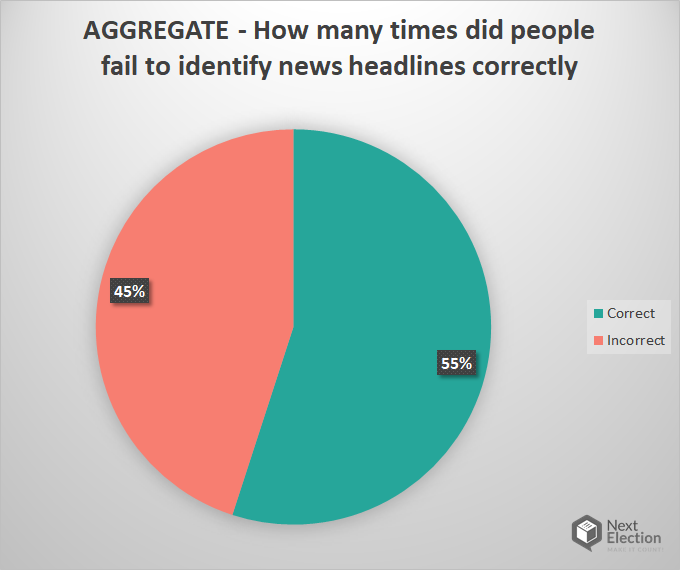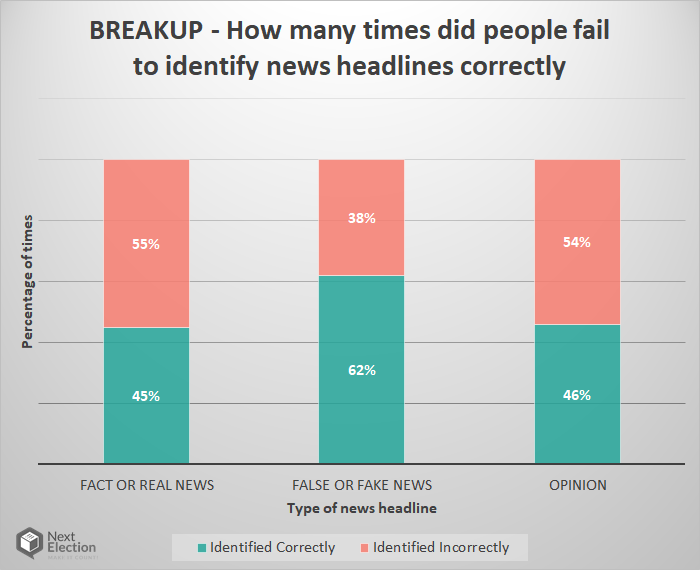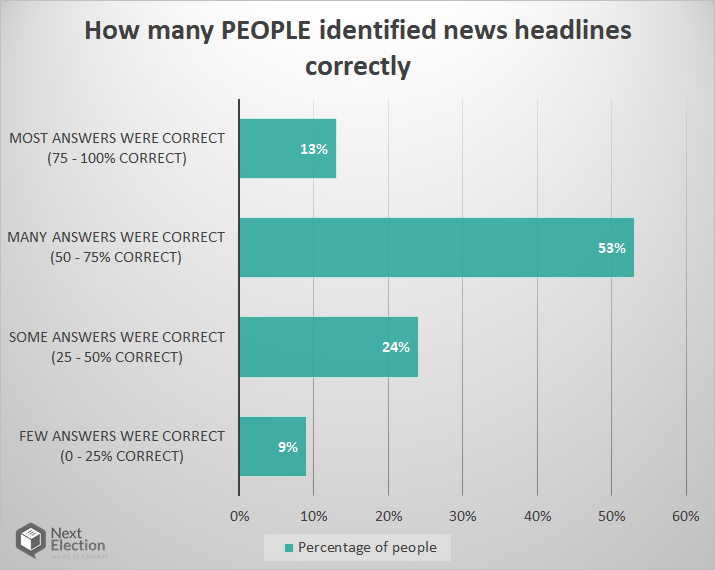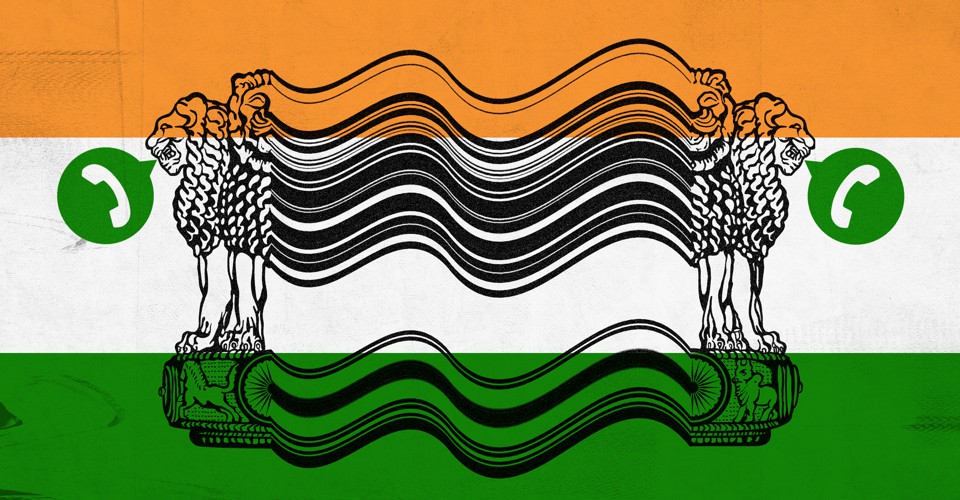Worldview via headlines - With the many online channels of information that we have today, snippets of news and information arrive without context. Various news services, apps and tweets worsen the issue by further compressing longer text with nuances into short blunt character counted words. Social media has become an increasingly dominant news-sharing platform across Latin America and Asia. Our worldview is shaped by such short pieces of info.
Fake news - The advent of social media and modern-day rapid-fire and citizen led journalism has worsened the problem of fake news and misinformation. Fake news is a growing trend that poses serious threats to countries the world over, especially hurting democratic structures of a country like India in the lead-up to elections due this year. Reports have indicated that fake news and misinformation has directly led to mob-related violence and killings occurred following the spread of rumours, primarily related to child-abduction and organ harvesting.
The ability to correctly identify such bit of snippets of information, process and discard what is untrue and unimportant is critical.
But is the problem as serious as its made out to be?
The NextElection team was curious about how widespread is the issue and whether participants were truly susceptible. To answer this question, we needed quantitative data. We designed and conducted India’s first such survey to determine whether members of the public can identify news, historical and political information as:
- Factual – something that is capable of being proved or disproved by objective evidence OR
- Fake – deliberate disinformation or hoaxes spread via news media or online social media OR
- Opinion that reflects the beliefs and values of whoever expressed it.
Key findings of the NextElection Fake News Survey 2018-19:
1. Poor at news identification, worse at civics: People fared marginally better when it came to news related items as compared to statements related to civics and polity. People who marked the civics and polity related statements got 66% percent of the questions right whereas people who marked the news related items got 70% of the questions right.
2. Half of the times, we get things wrong: About 55% of the times people were able to identify and categorize the statements correctly. The remaining 45% of the times – about half of the time – the respondents got it wrong.

3. Calling out the fake, yet missing the facts: Breaking down this further, as shown in the chart below

- People were able to identify factual statements as facts only 45% of the times
- People were able to identify opinion statements as opinion only 46% of the times
- People were able to identify fake statements as fake 62% of the times
4. Everyone is vulnerable: When it came to individual performances, about 13% of people who took the survey had most answers correct, while 53% had many answers correct. A whopping 33% of people fared poorly in the survey.

Methodology
Respondents are shown a series of statements related to news, history, civics etc. and are asked to put each statement in one of the following three categories:
- A factual statement, regardless of whether it was accurate or inaccurate
- An opinion statement, regardless of whether they agreed with the statement or not
- A fake statement.
We have pioneering a new open-ended survey format which allows the participant to engage with any number of questions in any order. The correct answer to each question is shown to the participant immediately after selecting an option.
The survey has completed two rounds so far – the 1st received more than 5000 entries and the second took the count to nearly 10,000 entries. The results of each round were compared and found to be strikingly similarly (I.e. within a few percentage points of each other), thus providing us one measure of validation of the results.
Conclusion
The findings from the NextElection Fake News Survey 2018-19 suggest that even this basic task of identification of statements as fact, fake or opinion presents a challenge. This is worrying, especially with the world’s second most populous country headed to the polls, as it puts the citizenry at risk of misinformation and hurts democracy.
It has never been more important for citizens and others consumers of information to come to a conclusion only after carefully examining all the evidences, checking the sources of the published items and keeping aside their biases.
While it is highly crucial on the part of the readers to develop a critical mindset to distinguish fakes from facts and opinions, media houses, technology platforms and governments must further step up efforts to tackle the issue.
PS: .








 India
India United States of America
United States of America New Zealand
New Zealand